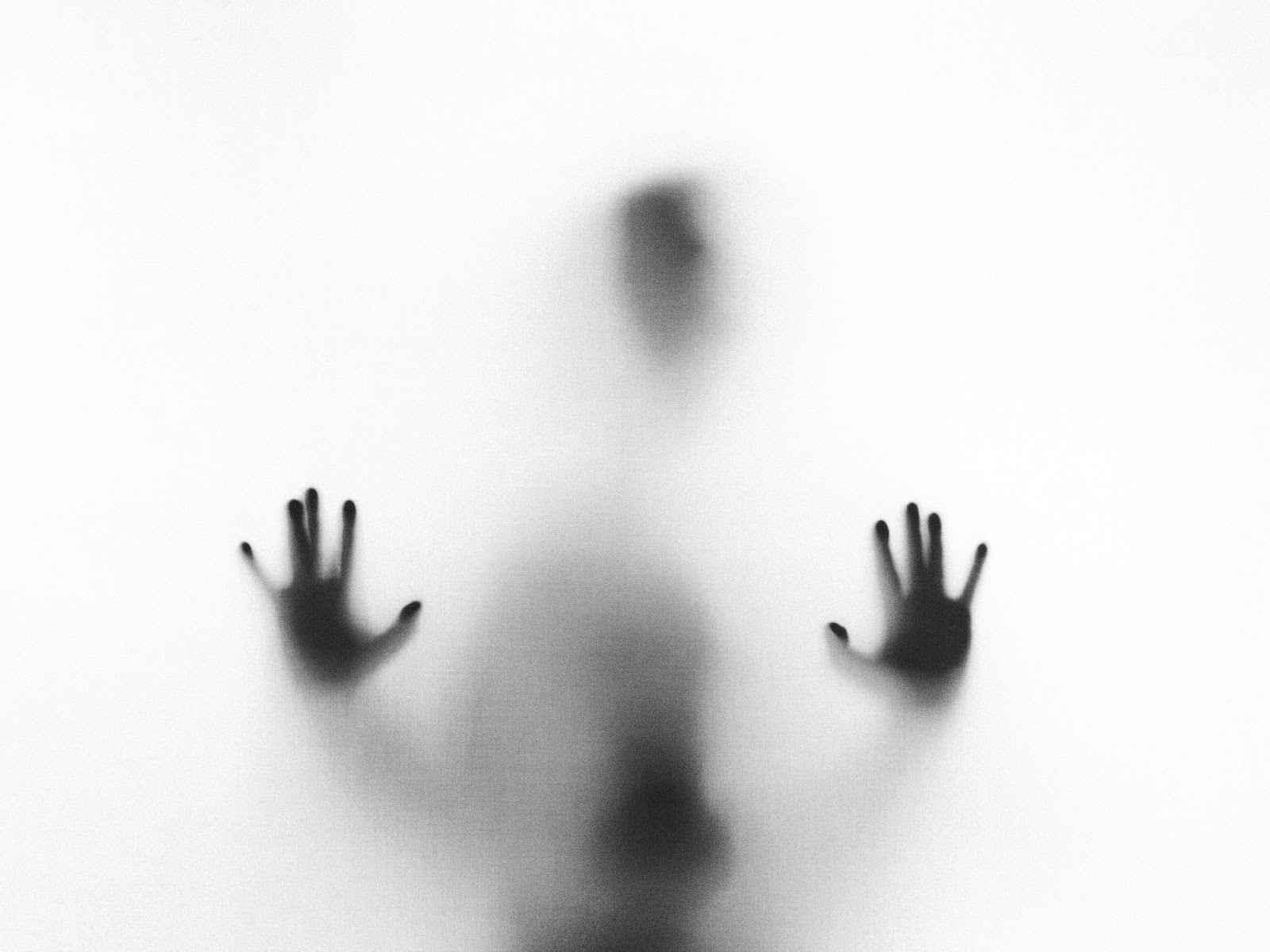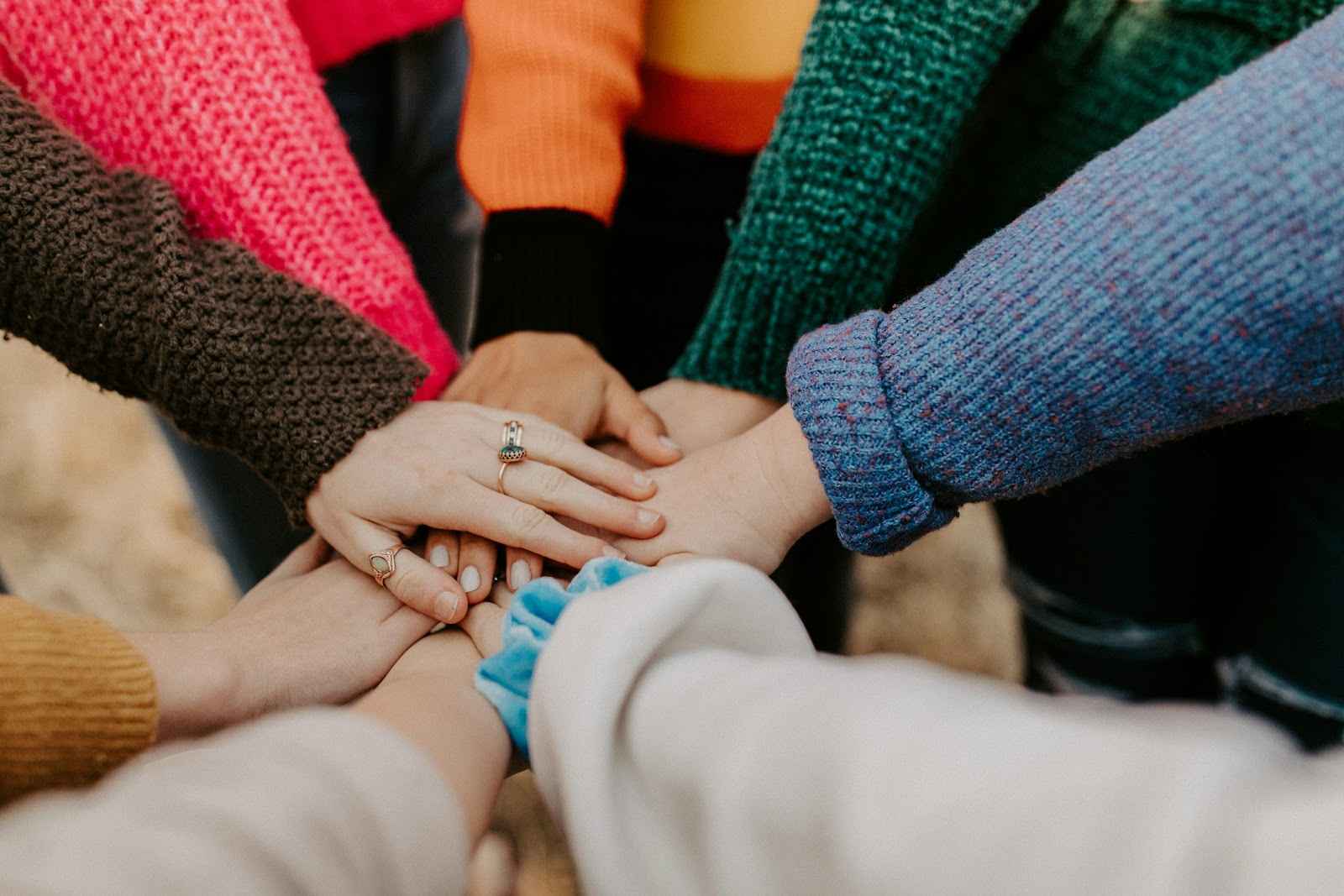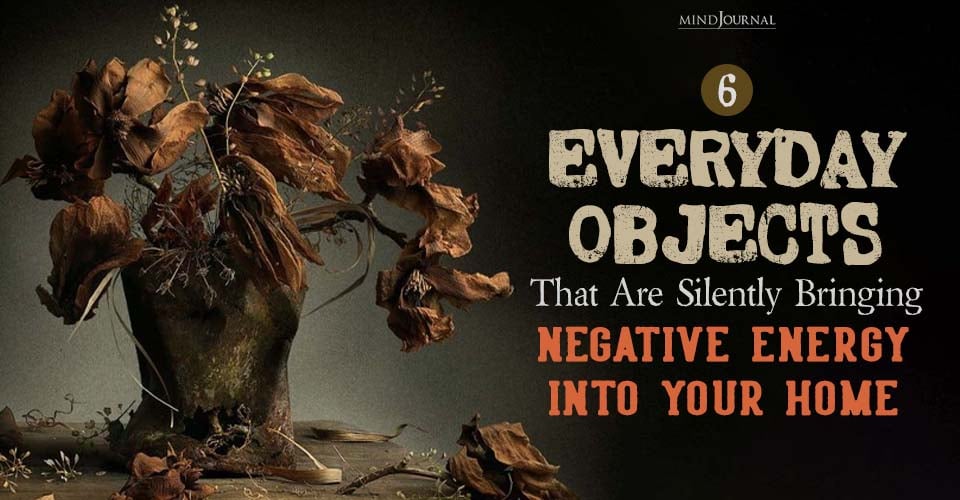Loneliness can be difficult to deal with as human beings are social creatures by their very nature. We evolved from social animals; we gather and form societies, we bond over shared experience, we have complex social rituals, and we constantly seek companionship. Social interaction has proven benefits for our health.
Therefore, the current state of isolation we find ourselves in is no small cause for concern. Isolation has proven to have detrimental effects on our mental state, and anyone experiencing intense and/or persistent feelings of loneliness or isolation should seek help from a qualified professional, such as a therapist who has studied a mental health counseling degree online.
For now, we’re going to talk about the current epidemic of loneliness the US is facing, as well as how to recognize these feelings in yourself and address them.
What Is Loneliness?

Sociality and cooperation are one of the key things that our species developed on the road to sapience. Sociality exists for many reasons, sentinel behaviors for example, where a member of a community will watch for predators while the others feed themselves. Also, larger communities mean more protection from outside groups, as well as more strength in numbers when taking over territory.
However, that just covers animal sociality. In humans, sociality means so much more. Our brains grew along these animal foundations in our evolutionary track, and now our social lives are much more than just people that keep us safe while we eat.
Our friends, family, and coworkers constitute vital parts of our lives, not just for the physical benefits their presence bestows on us but for how these people influence our growth, our moods, outlooks, hobbies, and more. The people in our lives inform so much of our quality of life, and our brains have evolved to make us happy and healthy in response to beneficial social interaction.
Loneliness is what happens when our social lives are lacking, either community or meaningful connection. It constitutes a negative emotional disposition, with thoughts surrounding a lack of social connection. When severe, these feelings can lead to depression, the feeling of isolation, and a lack of purpose. If left unaddressed, these feelings can get much worse over time.
How To Recognize Loneliness

Most people have probably experienced acute feelings of loneliness in their lives, but when loneliness becomes chronic, that negativity doesn’t go away. Without building some kind of social connection that addresses that loneliness, it can progress into very dark territory.
It may seem somewhat of a no-brainer to recognize loneliness for what it is, but identifying that you’re lonely starts with recognizing that you feel lonely. When you’re experiencing a lengthy, ongoing sense of loneliness, it can feel like a lot of things. However, most reports of the emotional symptoms of loneliness include coldness, depression, anxiety, and dissociation.
The COVID-19 pandemic greatly exacerbated feelings of loneliness, and a year ago, the World Health Organization declared loneliness a global public health concern. It is attributed to the stalled economic and social interactions of the world during the height of the pandemic, and the effects on our mortality are said to be as bad as smoking 15 cigarettes a day.
Ironically, the depressive effects of frequent and persistent loneliness can lead to social isolation, behaviors where people actively avoid social interaction for one of any number of reasons. These isolating coping mechanisms then feed the lonely emotional experience, which results in a vicious cycle of loneliness, depression, and isolation.
What Can Be Done?

The first step in dealing with loneliness of this magnitude is to realize and acknowledge that you are lonely and that it’s potentially causing you some harm. Any issue can only be solved once it’s been recognized for what it is. If, however, you find introspection difficult or intimidating, it may be worth seeking the help of a qualified therapist or other mental health professional so that you aren’t alone in the process. Additionally, seeing a professional will provide a social outlet that may help to alleviate some of the feelings you’re struggling with.
However, there are also other ways to cope with chronic feelings of loneliness or social isolation. A good way is to be intentional with your communication. If you have friends you haven’t seen in a while, rather than inviting them to the vague but commonly used “hang out sometime,” set an intentional date. Say, “Would you like to hang out Saturday night?” Intentionality is everything, and keeping things vague means there’s no real commitment to the gathering.
Or, you can take advantage of the internet and find online or in-person communities around a hobby or interest you have. There are communities for everything, from reading to sports, religion, STEM, and even mental health support groups or single-parent groups.
There are many ways to combat feelings of loneliness and enrich your life socially, and with how good for your mind and body socialization is, there’s never been a better time to try and make some new friends than right now.



















Leave a Reply